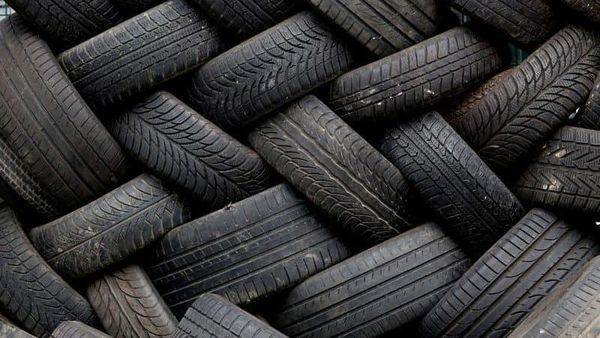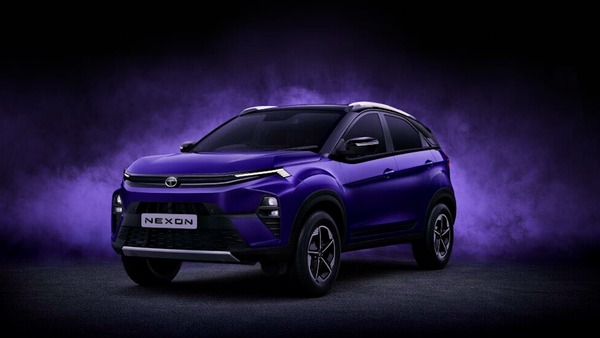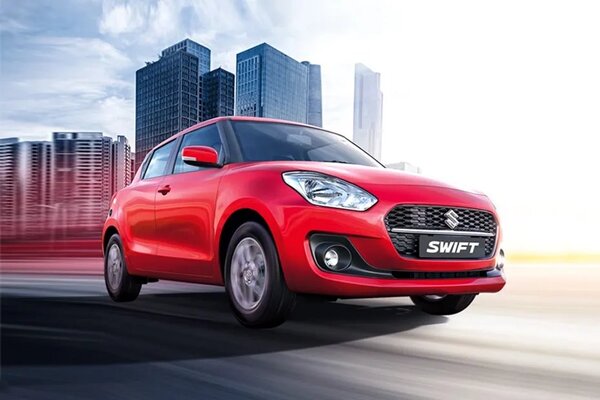Car tyre prices to hike by up to ₹6,000, blame it on raw material price surge
- Major tyre manufacturers are increasing the tyre prices in India by March end.


Car tyre prices are about to increase by up to ₹2,000 for a pair, while the luxury car tyres will witness a hike of up to ₹6,000 for a pair, attributing to the surging raw material prices that have shot up by 20-25%, as the tyemakers claim. With this price hike, the replacement market will certainly be impacted hard that contributes a large chunk of the total volume sales in the Indian tyre industry.
Also Read : How to choose right tyres for a car
The replacement market contributes around 60% of the total sales volume of the domestic tyre industry, while around 28% is attributed to the auto manufacturing companies.
Also check these Cars
The prices of the replacement tyre market across categories are going up in March-April 2021 due to the higher prices for the materials used for manufacturing the tyres. This is the third time, the prices of the tyres are being increased by the manufacturers after the lockdown in 2020.
The listed tyre manufacturers in the country hold nearly 70-80% of the ₹60,000 crore worth Indian tyre market. Major tyre manufacturers present in the domestic market such as Ceat, Apollo Tyres, JK Tyre and Michelin have already announced around 3%-8% price hike, depending on segments. According to them, to offset the raw material price hike, the tyre prices should go up by around 8-10%, but that is unviable in the market.
Also Read : How to keep your car tyres rolling this summer
While the major role behind this price hike move is the increased raw material cost, the import restrictions on rubber, the key raw material have created supply constraints and further pushing up the prices claims the tyre makers.
According to the tyre manufacturers, the raw materials comprise 62% of the total cost of a tyre. Hence, the price hike is passed on a bit by bit. In Q3 FY21, the tyre manufacturers increased the price by 2% and by the end of March 2021, there will be another 3-4% hike.
The tyre manufacturers in India use the ratio of 40% natural rubber and 50% of synthetics, which are petrol derivatives along with 10% of miscellaneous inputs like steel to produce tyres.








 2498 cc
2498 cc Diesel
Diesel















